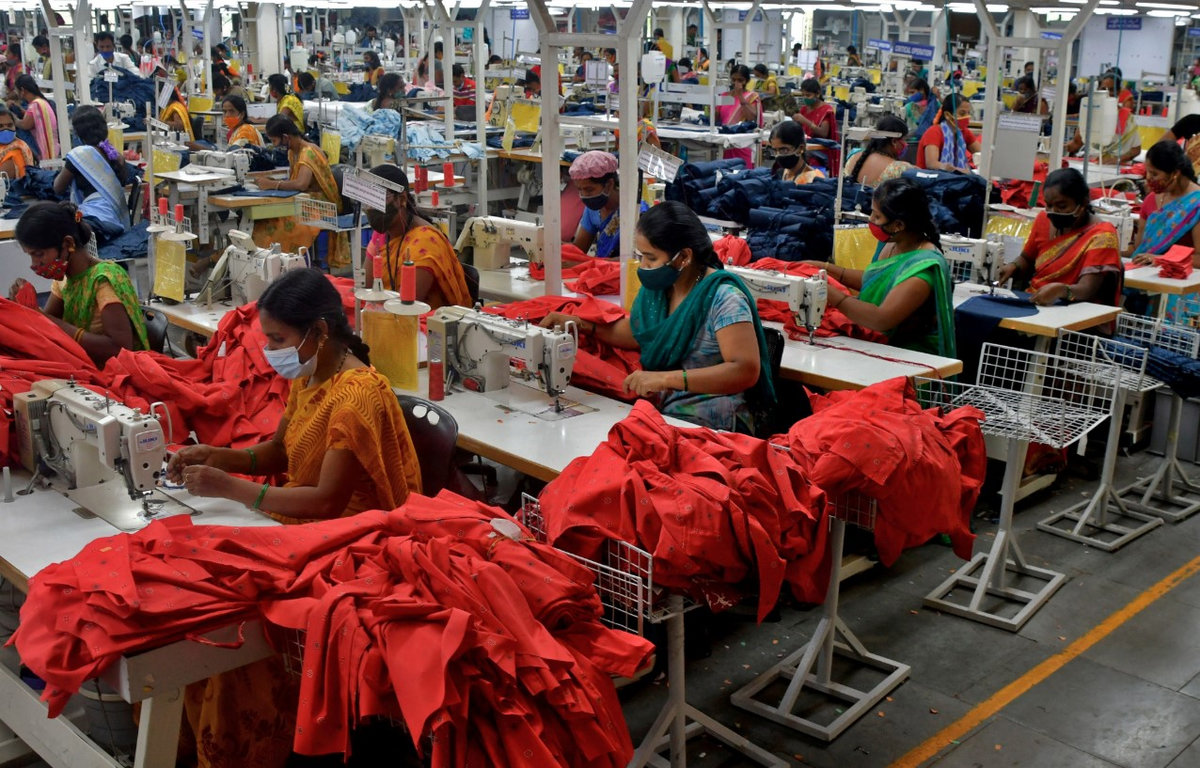NEW DELHI: India and Britain are close to finalising a long-awaited free trade agreement next week, according to two Indian government sources.
The deal will provide duty-free access for Indian textiles and electric vehicles to the UK market while easing British exports of whisky, cars, and food products.
The agreement, concluded after three years of negotiations, aims to strengthen bilateral trade by removing barriers and allowing duty-free movement of goods.
A formal signing is expected during Indian Prime Minister Narendra Modi’s anticipated visit to London next week.
Once signed, the pact will take effect in about a year, pending approval from the British parliament and India’s federal cabinet.
Officials familiar with the matter confirmed the timeline but requested anonymity as details remain confidential.
“The trade agreement offers a win-win for both countries,“ said one Indian official.
Indian consumers will benefit from lower-priced Scotch whisky as import tariffs drop from 150% to 75% immediately, with further reductions to 40% over the next decade.
For automobiles, India will reduce duties from 100% to 10% under a quota system that will gradually expand. In return, Indian manufacturers gain access to the UK market for electric and hybrid vehicles under similar quota arrangements.
India’s commerce ministry did not immediately comment, while Britain’s trade ministry confirmed ongoing efforts to finalise the deal.
“We have been working with India on a landmark trade deal that will deliver for British people and business,“ a UK government spokesperson said.
Under the agreement, 99% of Indian exports to Britain, including textiles, will enjoy zero-duty access, while 90% of UK tariff lines will see reductions.
Separately, an Indian trade delegation is negotiating a potential deal with the U.S. amid escalating trade tensions under President Donald Trump, who has threatened steep tariff hikes from August 1.
British government estimates project India’s middle class to reach 60 million by 2030 and 250 million by 2050.
The country’s import demand is forecast to grow by 144% to £1.4 trillion ($1.88 trillion) by 2035 compared to 2021 levels. - Reuters









